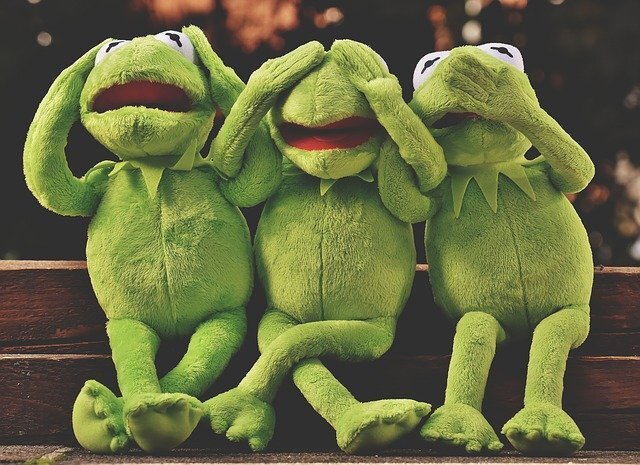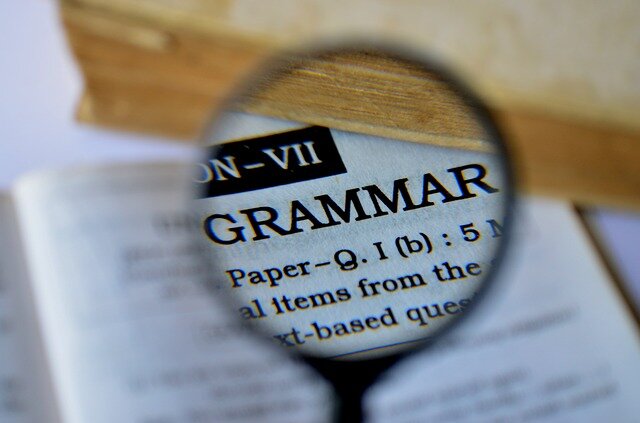
Midweek Mini-lesson: Much or Many? What about a lot?
Much or many? What is the rule? What about a lot?

Gateway to Grammar: He / She / It - Where does the ‘S’ fit?
There are many tenses (grammar for time) in English. I am going to teach you one phrase that will help you more than anything else when it comes to English grammar!

Kids Corner: Writing in the passive voice
So now at school you need to improve your writing for non-fiction. Fiction means written stories, non-fiction means written facts, or reference books. Dictionaries, textbooks, and books about real people like the Pope are non-fiction.

Wednesday Wildcard : Free Simple English Tenses Guide
Welcome to the first Wednesday Wildcard!
This week I am highlighting the free learning resources available to you on www.wrightenglish.com

Gateway to Grammar: The Present Perfect Tense - A Presently Perfect Poem
This week we are looking at the present perfect tense. The present perfect is used to describe things that started in the past and are still happening now. For things that are finished we use the past simple. Times that started in the past and are still happening now: Today, This week, This year, “yet” etc. We also use the present perfect when something has just finished, but the effects are still active such as “I have been running all day, that’s why I am so tired”.

Absolute adjectives – Can something be very correct?
When describing things we use adjectives (like big, strong, or colourful). To say how much of that description there is we use modifiers (like very big, extremely strong, or quite colourful).

5 Ways You Can Help Improve Your English Everyday for Free
Learning English doesn’t always have to involve big commitments and stressful social activities. Here are some ways you can make little improvements to your English every day

Top 10 dos and don’ts to have a great time in England.
Let’s pretend together that it is easy to travel at the moment, and you dream of visiting England in the UK. We are a generally accepting bunch (group of people), and like to avoid confrontation. Here are some important tips for not offending people and having a great time in England:

I am an English beginner, does watching English Kids TV help?
You want to improve your English, and you are a beginner learner. First of all, WELCOME TO WRIGHT ENGLISH! Maybe you have thought about watching Kids TV to help you learn. Kids improve their English through cartoons right? How will it work for you?

Is listening to English Songs a Good Way to Learn English?
Is listening to English songs a good way to learn?
Yes and no. There you go, that’s the simple answer. For a more detailed answer read on!

Why Should I Learn English Grammar?
This is a question I get asked a lot. People think about learning a language and they remember sitting in a school room saying “I am going to the cinema” 100 times, and writing “I am, you are, he/she/it is, we are, they are”, until they want to jump out the window. I understand. Some of our learning experiences were not great! Let’s explore why grammar is important, and how it helps you.

New Grammar Guide available! The Complete Simple Guide to English tenses with Infographics.
A new Complete and Simple Guide to English Tenses with Infographics has been uploaded to the Resources section of the Wright English website.

Tips to Identify English Tenses - Think Lego
It is no secret that the English language has more than its fair share of tenses. We are very particular about time. To new learners it can be a bit overwhelming, like when I had to try to understand why tables and chairs were boys and girls in French and Spanish. If all chairs are boys, where do little chairs come from? Here are some tips to help you identify tenses in English.
